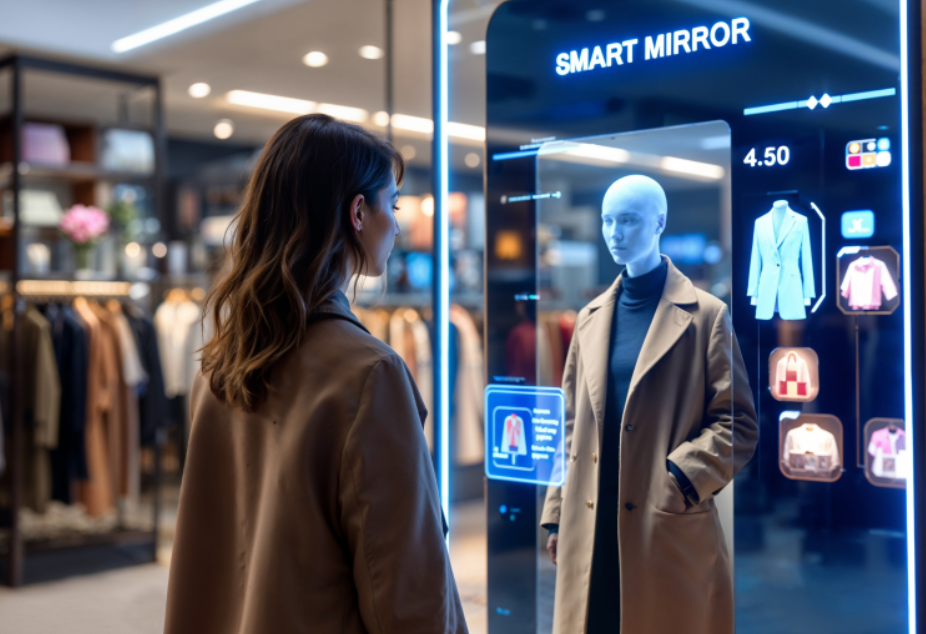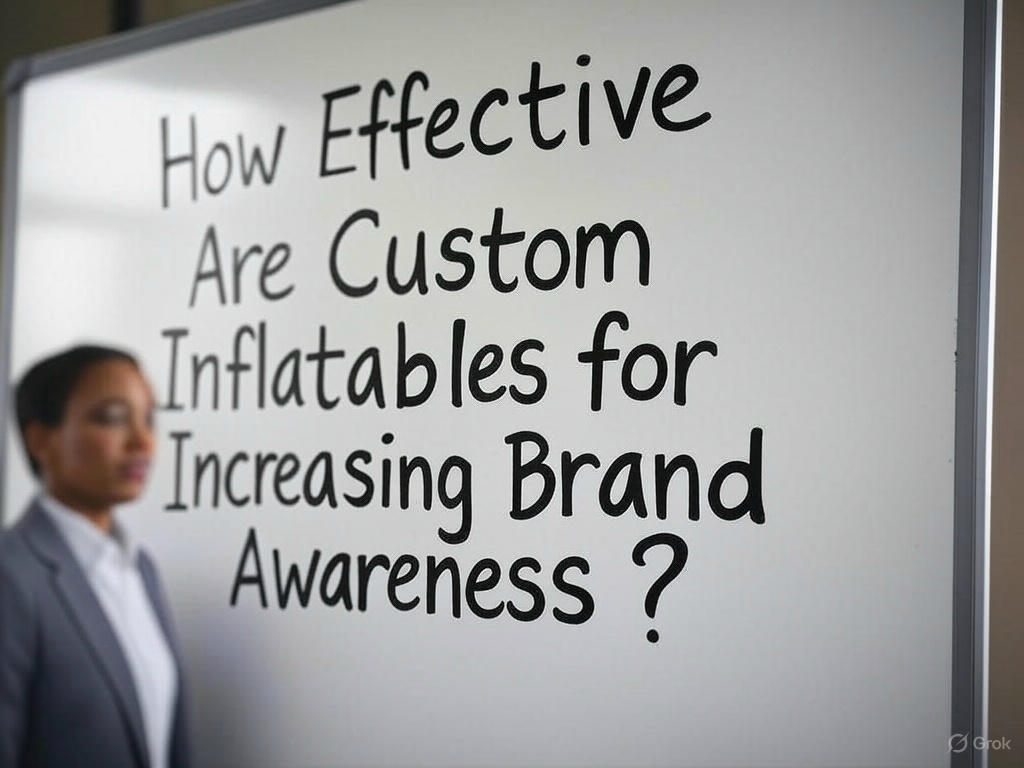In recent years, Artificial Intelligence (AI) has become a game-changer in B2B sales and marketing. From improving lead generation to enhancing customer interactions, AI is transforming how businesses operate and engage with their audience. As a result, companies can now utilize AI to drive sales, streamline marketing efforts, and improve customer satisfaction in ways that were previously unimaginable. In this post, we’ll explore how AI is shaping the future of B2B sales and marketing, and why businesses need to adopt it now to stay ahead of the competition.
AI and Lead Generation: A Smarter Way to Find and Qualify Leads
One of the most significant impacts of AI in B2B marketing is its ability to revolutionize lead generation. Traditionally, businesses had to rely on manual processes to identify, nurture, and convert leads. However, AI-powered tools have automated this process, significantly improving efficiency and accuracy.
AI-driven platforms can analyze vast amounts of data to identify potential leads that match a company’s ideal customer profile. These platforms can predict which leads are most likely to convert, enabling sales teams to focus their efforts on the highest-quality prospects. For example, AI tools can examine website behavior, social media interactions, and customer histories to determine which leads are more engaged and ready for conversion.
With AI, businesses no longer have to rely solely on cold calling or email blasts. AI can help create a more personalized approach, allowing companies to reach the right people with the right message at the right time. The result? Increased sales and higher conversion rates.
AI-Powered Content Personalization: Meeting Customer Expectations
In today’s B2B landscape, customers expect personalized experiences, and AI is helping businesses meet those expectations. AI tools can analyze customer data to create highly personalized content and messaging. This allows businesses to tailor their communications to individual prospects based on their preferences, behavior, and interests.
AI can also optimize the timing and delivery of content. By studying patterns in user engagement, AI can determine the best time to send emails, post on social media, or display advertisements to increase the chances of engagement. For example, AI-powered email marketing platforms can segment audiences based on specific behaviors (such as previous purchases or website visits) and send highly targeted content to each group.
Personalization doesn’t just help businesses stand out—it also boosts customer loyalty. By offering tailored solutions and recommendations, businesses can create stronger, more meaningful connections with their customers, increasing the chances of repeat business and long-term relationships.
Chatbots and Customer Support: Revolutionizing B2B Interactions
Another area where AI is making a major impact in B2B sales and marketing is customer support. AI-powered chatbots and virtual assistants have become essential tools for businesses looking to provide fast, efficient, and 24/7 customer service. These chatbots are capable of answering frequently asked questions, solving common issues, and even assisting with product recommendations.
The real benefit of AI chatbots lies in their ability to handle complex inquiries and provide instant responses. B2B customers don’t want to wait on hold for hours or send multiple emails to get a solution. AI chatbots can offer real-time support, improving customer satisfaction and reducing response times.
Moreover, AI chatbots are constantly learning from interactions, which means they can become more intelligent over time. As these systems gather more data, they can better understand customer needs and provide more accurate and relevant responses, improving the overall customer experience.
Predictive Analytics: Making Smarter Business Decisions
AI is also enabling businesses to make smarter decisions with predictive analytics. By analyzing past data and trends, AI can forecast future outcomes and trends with high accuracy. This is particularly useful for B2B sales teams, as it allows them to anticipate customer needs and adjust their strategies accordingly.
For instance, predictive analytics can help businesses identify when a prospect is most likely to convert, allowing sales teams to engage them at the right moment. It can also predict which customers may churn, enabling businesses to take proactive steps to retain them.
Predictive analytics not only helps businesses make informed decisions but also allows them to allocate resources more effectively. With AI-powered insights, companies can prioritize leads, optimize marketing budgets, and make strategic decisions that improve their bottom line.
The Role of a Technology Marketing Agency in Implementing AI
As businesses look to integrate AI into their B2B sales and marketing strategies, it’s important to have the right expertise on hand. This is where a technology marketing agency can play a pivotal role. These agencies specialize in helping businesses leverage cutting-edge technologies like AI to drive marketing success.
A technology marketing agency can assist in selecting the right AI tools for your business, implementing them effectively, and measuring the results. They can also help create AI-powered campaigns that align with your goals, ensuring that your marketing efforts are data-driven and optimized for maximum impact. By working with a technology marketing agency, businesses can ensure they are fully equipped to harness the power of AI and stay ahead of the competition.
AI is transforming B2B sales and marketing in profound ways, offering businesses the ability to generate high-quality leads, personalize content, provide exceptional customer support, and make data-driven decisions. As AI continues to evolve, it will only become more integrated into every aspect of marketing and sales. To stay competitive in today’s rapidly changing landscape, businesses need to embrace AI and leverage its power to optimize their strategies.
By partnering with a technology marketing agency, companies can unlock the full potential of AI and take their B2B sales and marketing efforts to new heights. The future of marketing is here, and AI is at the forefront of that transformation.






